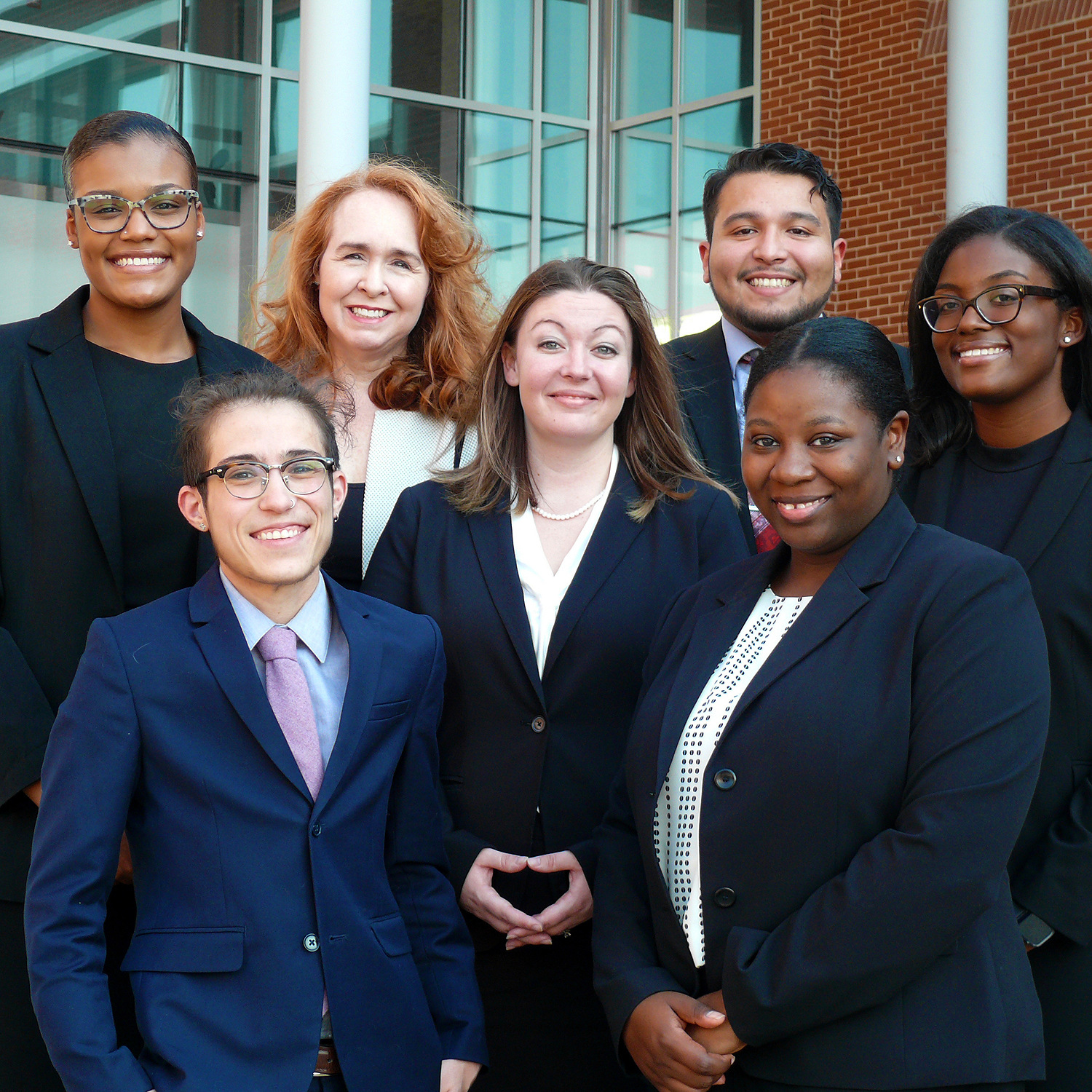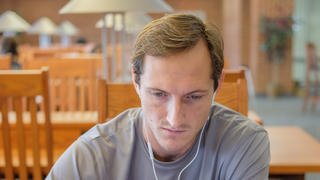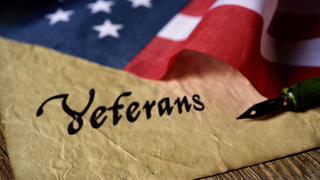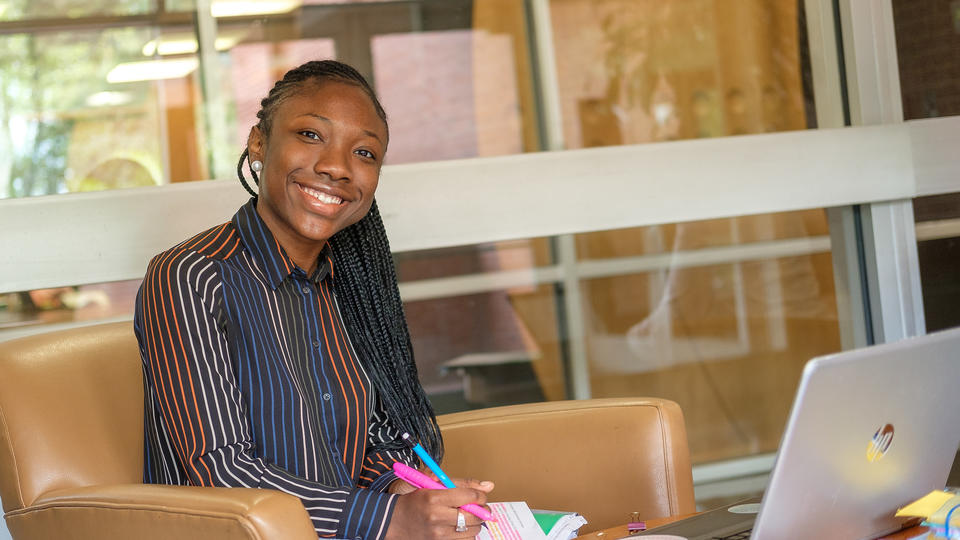Clinical Programs
The Clinical Legal Education Program of the North Carolina Central University School of Law is committed to producing excellent attorneys who are sensitive to addressing the needs of people and communities that are traditionally underserved and under-represented by the legal profession.








